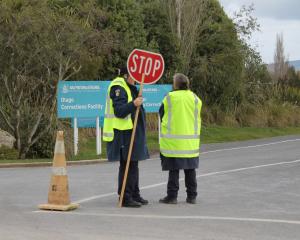Prof Liu is an award-winning cancer researcher and is executive director of the Genome Institute of Singapore.
Recently re-elected as president of the international Human Genome Organisation, he is visiting New Zealand under the Ministry of Foreign Affairs and Trade's Seriously Asia Programme. He is being hosted by the Centre for Law and Policy in Emerging Technologies at the University of Otago Faculty of Law.
Prof Liu said earlier this week the overall incidence of cancer had not fallen because of ageing populations, but there had already been major advances in survival rates for patients with specific forms of cancer.
The genetic knowledge and the associated "remarkable technologies" -including bioinformatics - flowing from the Human Genome Project, had already made a "huge difference" in all aspects of biological science and were already influencing cancer diagnosis and treatment.
Although some of the changes had been "below the radar" in terms of community awareness, they were, nevertheless, "absolutely dramatic".
He noted that patients with chronic myeologenous leukemia, a cancer of the white blood cells, once had a mean life expectancy of only three years.
The advent of more targeted therapies meant the outcome for most patients had greatly improved, he said.
Over the next five to 10 years, the ability to analyse the genome of specific cancers would greatly improve cancer diagnosis and pave the way for more precisely targeted and effective cancer treatments, he said.
He also emphasised the importance of cancer prevention, including avoiding smoking and improving diet and exercise.












